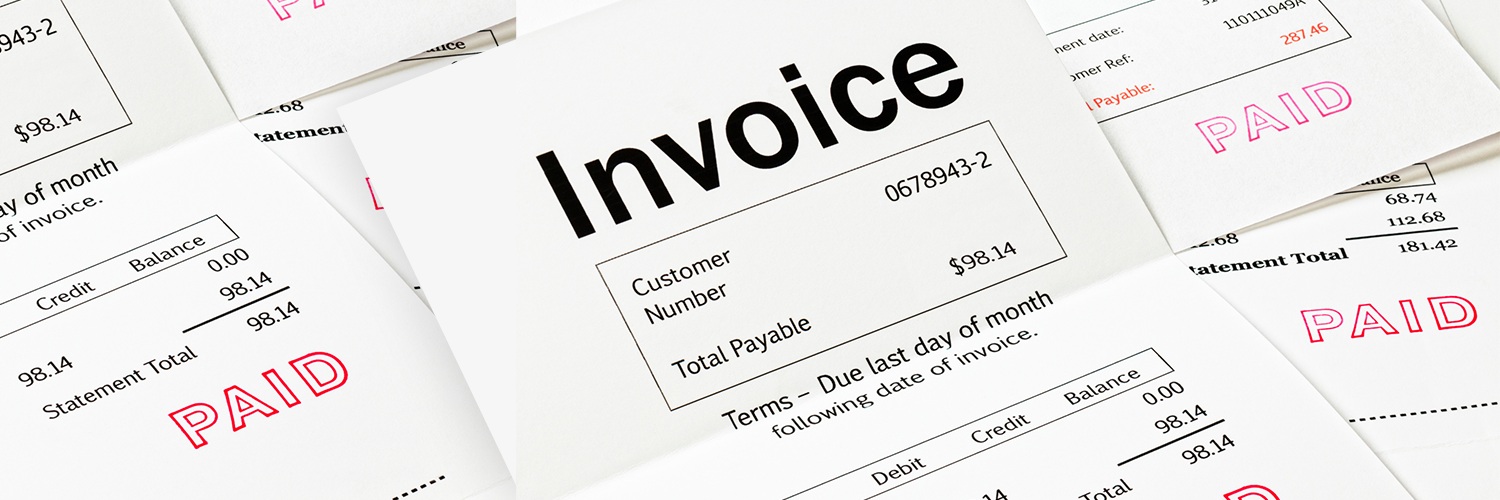Table of Contents
Join our
Mailing List
Stay up-to-date with BREW MOVERS latest news and service offerings.

What Is a Rebill and How Do I Avoid It?
Published Date: 07 December 2023
Stay up-to-date with BREW MOVERS latest news and service offerings.

Published Date: 07 December 2023